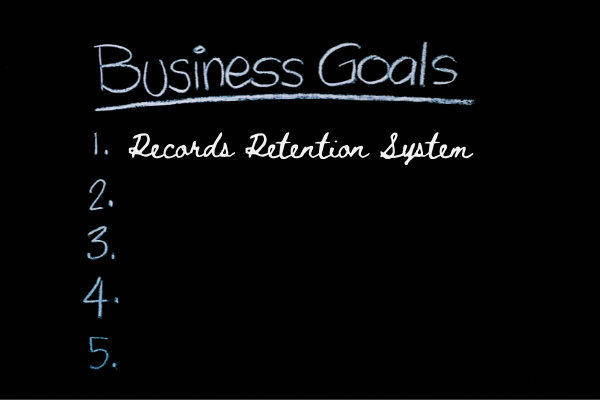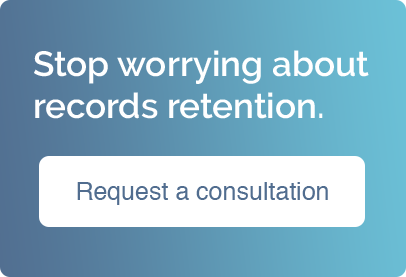Each year you should reassess your business goals. Even though it’s always a great time to set personal goals and new goals for your business. Even though your business might be moving along according to schedule, in order for it to grow and become more profitable, business goals or objectives need to be reviewed and set periodically as part of your regular strategy.
The most effective goals follow the SMART goal method. SMART is an acronym for specific, measurable, achievable, relevant, and time-based. Not only do short and long-term goals help you define your business, but they also give your employees direction for individual and team-oriented projects and accomplishments.
Here are some of the most common goals that business owners set for themselves and their employees.
- Give employees the tools to grow personally and professionally – Fostering leadership skills is a priority for every company.
- Keep employees invested and reduce turnover – Competitive wages and benefits make it easier for employees to love their jobs and commit to them long-term.
- Obtain a higher market share – Find ways to optimize your business by attracting more customers, offering more services, selling more products, etc.
- Be a part of the community – Outreach programs let the public get to know you and your employees, which helps with product recognition and increased sales.
- Watch profits and losses – Address any factors that might be causing sales to slow or stop.
- Address customer service issues – Make sure customer feedback is being monitored and make efforts to address any customer concerns.
- Improve the quality and functionality of the product – Troubleshooting offers opportunities to improve your product and add features.
- Ensure compliance with the various laws that affect your organization – Compliance ensures that your company is following the law and prevents fines, penalties and loss of rights.
The compliance goal includes the development or update of an effective records retention program. Almost every business can be vulnerable to liability by not keeping records long enough or even keeping them too long. Whether you are maintaining customer records, employee records, or other important business documents, a good records retention program will allow you to:
- Enable users to find relevant records faster and easier
- Manage the growth of new records.
- Ensure compliance with the various legal requirements
- Implement a consistent recordkeeping policy.
- Enable your organization to better protect its rights.
- Reduce costs and problems in case of litigation, government investigation or audit..
Regardless of your industry, IRCH can guide you through the process of developing a new records retention program or updating an existing retention schedule. Make records retention a goal for this year. Contact us today for more information or to schedule a consultation.


